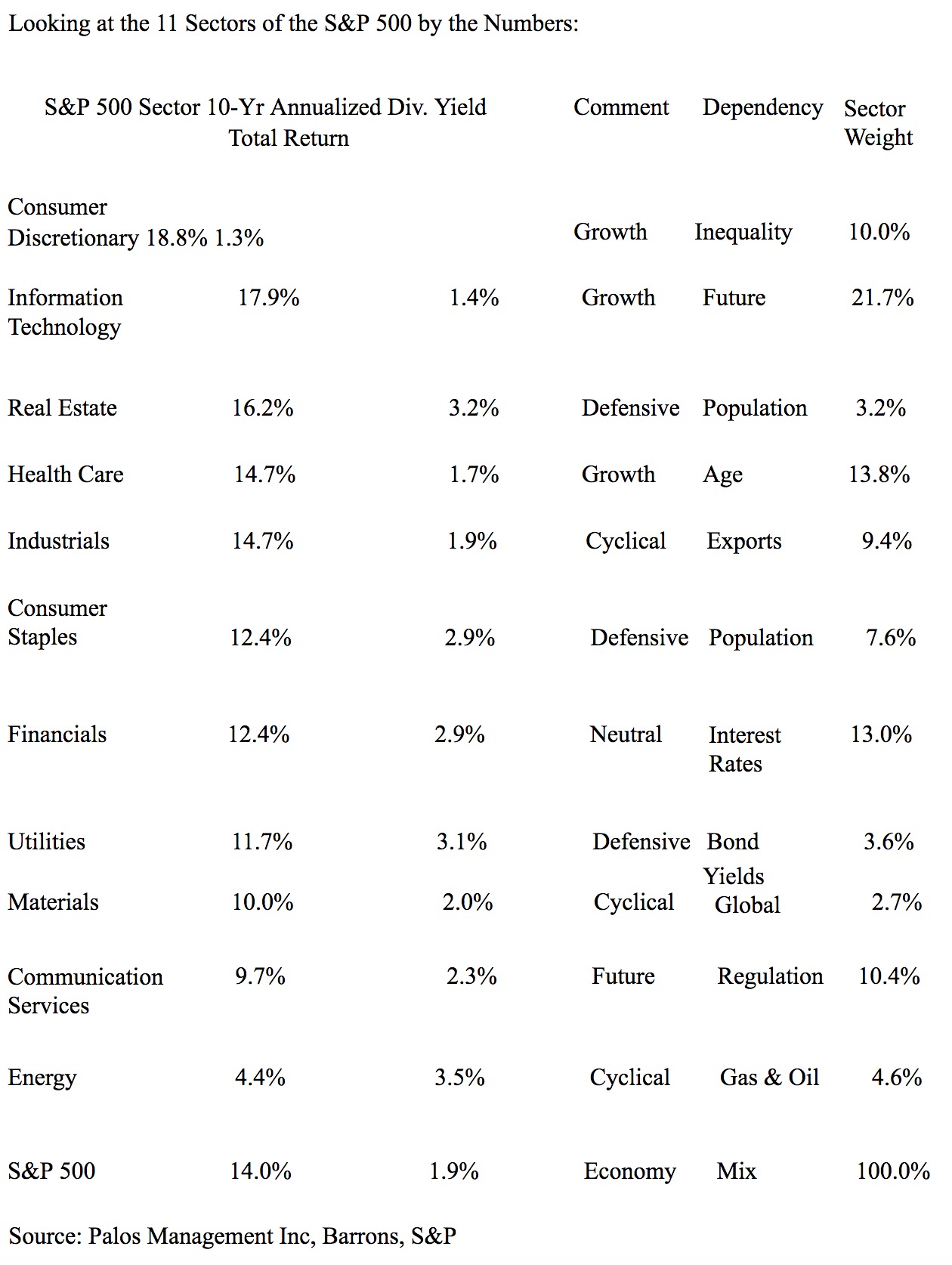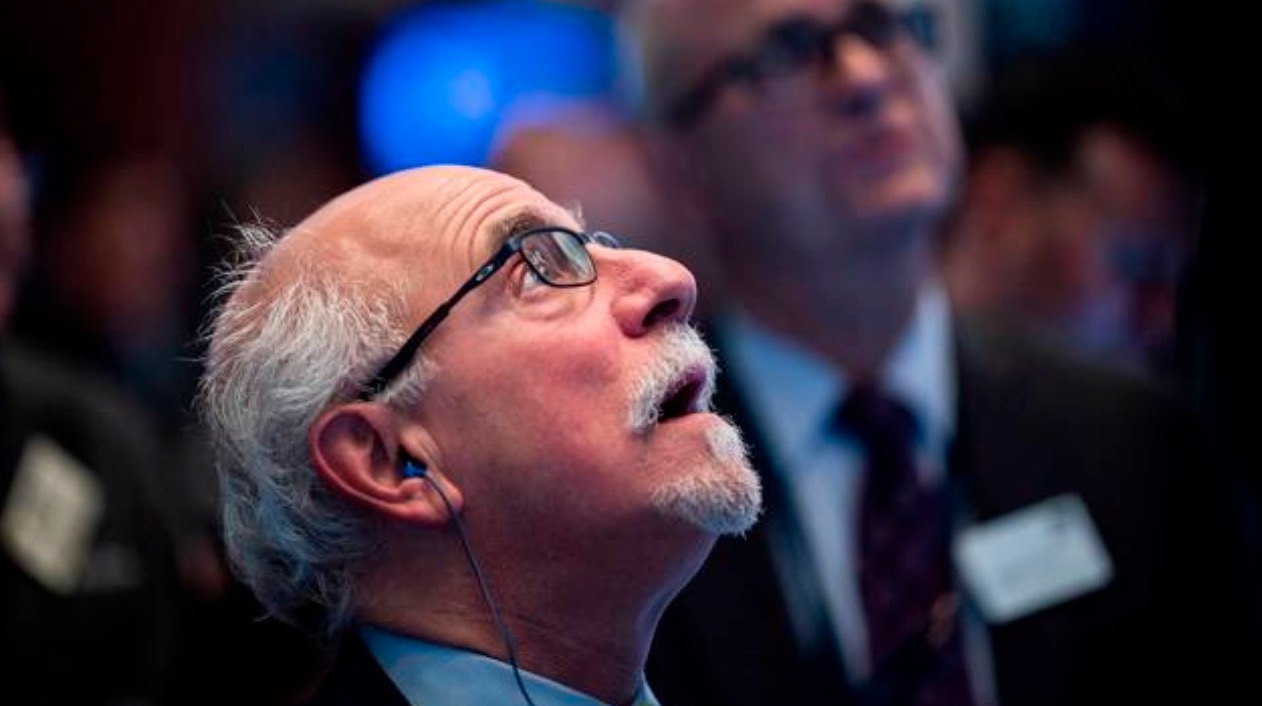by Hubert Marleau, Market Economist, Palos Management
U.S. stocks rose for a sixth straight week. The S&P 500 touched 3120 last Friday. In the two months, record amounts of money have flown into the U.S. equity markets—about $50 billion.
Many strategists attribute the latest move to the fact that the current earnings season surprises investors to the upside. The S&P 500 companies are on track to post a 0.3% year-over-year decline in third quarter quarter EPS, much better than the expected drop of 4.0% at the beginning of the season.
Other strategists who try to explain what is going on, point to official reports that the trade negotiations between China and U.S. are close to a “phase one” deal and, in turn, suggesting an improved economic prognosis.
I wonder whether this level of bullish sentiment can be justified at this time. In this connection, High Frequency Models have reduced considerably their estimates for Q/3 growth. For example, the Atlanta Fed is predicting a growth factor of only 0.3% while Moody’s model is suggesting 0.6%. A week ago the same models were showing growth possibility as high as1.5%.
In my view, the bullish shift in the stock market over the past year can be explained mainly by the huge changes in the availability of cheap money. There has been a dramatic turning point in the liquidity produced by the Fed, stoking an inflationary reassessment. As a result of a steepening yield curve, lower policy rates and a repurchasing program of T-Bills to feed the repo-market, the new monetary stance has brought about a significant acceleration in the money supply. The money supply with zero maturity (MZM) is up 8.0% from a year ago—-that is 5.0% higher than the yearly annual rate of increase in N-GDP. Interestingly, the performance of the DXY has been essentially flat since the end of July, further reflecting that monetary stance has eased. If the creation of all this new money is not going into the bond market nor in demand for more goods and services, then it is buying stocks or leaving the country. It means that investors should keep a close eye on evaluation.















